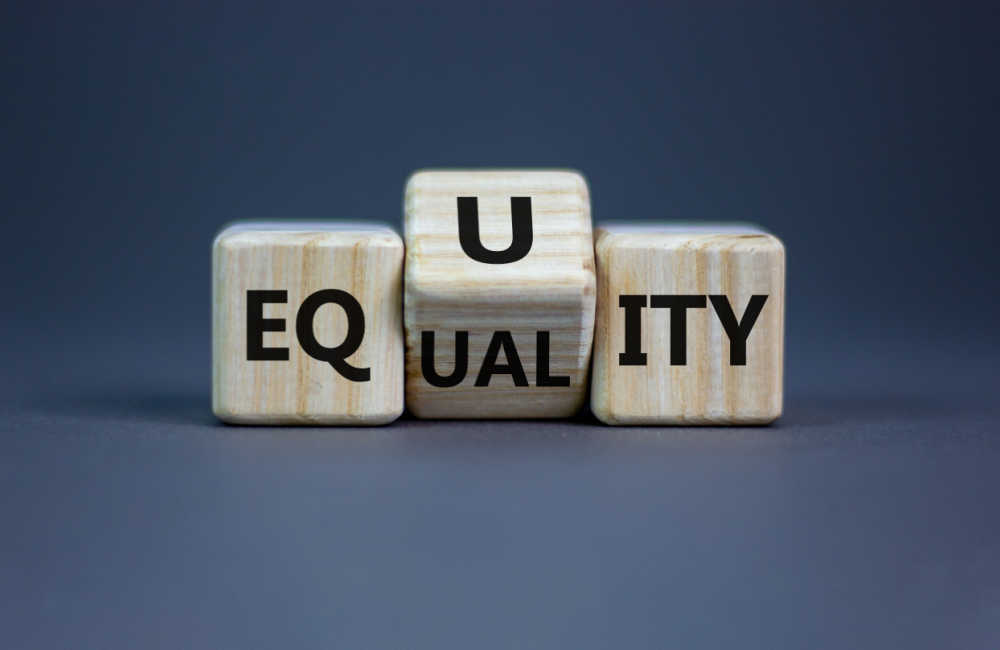States Take Steps to Improve Social Equity in the Cannabis Industry
In many states where voters legalized recreational marijuana, state officials promised to take steps to help communities most impacted by the War on Drugs. They proposed social equity measures that included expunging records of past arrests and supporting people of color who wanted to get into the cannabis industry.
Support for social equity in the cannabis industry is starting to materialize across the country. In Michigan, the Social Equity All-Star Program supports communities impacted by cannabis prohibition to get into the industry. In Illinois, the marijuana tax-funded R3 program reinvestments millions of dollars into historically underserved communities.
Recently, two new examples emerged from California and Massachusetts.
California Awards $15 Million in Social Equity Programs
California recently announced that the state is awarding $15 million in grant money to support programs at the local level that promote equity in the marijuana industry. The funds went to programs in 16 cities and countries across the state.
The largest recipients included the cities of Oakland ($1.9 million), Los Angeles ($1.9 million), Sacramento ($1.5 million), San Francisco ($1.5 million) and Long Beach ($1.4 million). Smaller awards of less than $1 million went to the cities of San Diego, Watsonville, Coachella, and Modesto.
Gov. Gavin Newsom has already announced he will put another $15 million into the fund for next year. As with the current program, cities and counties will again apply for the funds later this year. Local officials then use the funds to support social equity applicants in the cannabis industry at the local level.
That support can include technical assistance in applying for a cannabis license, help meeting regulatory compliance, and connecting applicants with the capital necessary to launch a cannabis business.
First Black Woman-Owned Dispensary Opens in Massachusetts
Massachusetts was the first state to put social equity programs into place, although there’s been criticism over how it has worked. However, the state recently marked an important turning point when the first black woman-owned cannabis dispensary opened in Charleston in the fall of 2022.
Dispensary owner Nike John, a Boston native and daughter of a first-generation immigrant, is “committed to giving back and helping the communities we serve, operating transparently and safely, and fostering an environment of diversity and inclusivity,” according to the Heritage Club website.
John told WCVB in Boston that diversity is considered in everything she does, from the product she sells to the staff she hires. She also said people have come into the dispensary and told her that she has changed their lives and inspired them. “I get choked up talking about it, because it’s, like, so exciting,” she said.
WCTV also reported statistics showing why social equity in the cannabis industry is so important. In Massachusetts, white people own 68 percent of cannabis businesses compared to 10 percent Hispanic owners and 8 percent Black owners.




